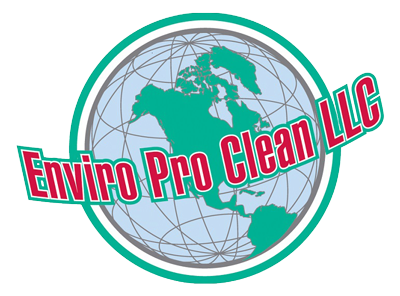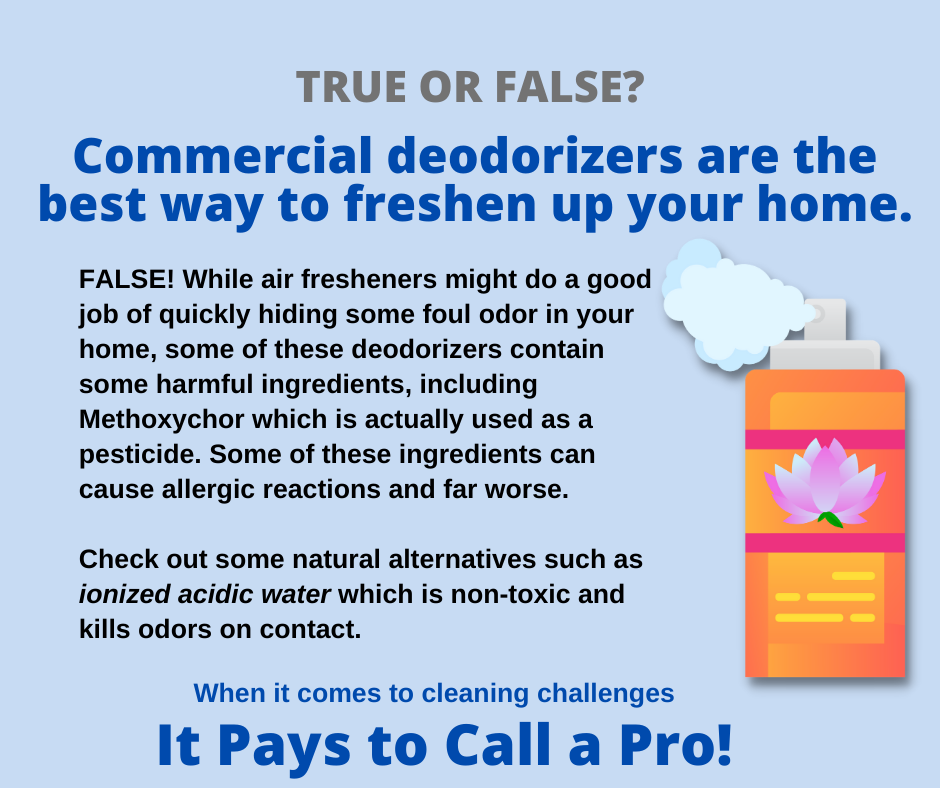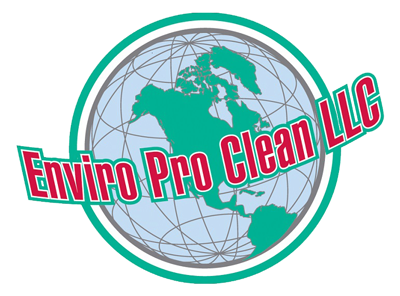Household hazardous waste (or HHW to keep this simple) is a topic that requires our attention and responsible action.
The Environmental Protection Agency (EPA) defines HHW as leftover household products that can be potentially dangerous, as they can catch fire, react, or even explode under certain circumstances. Additionally, these products can be corrosive or toxic, posing serious risks to health and the environment. We must handle and dispose of these materials with great care.
Common household items such as paints, cleaners, oils, batteries, pesticides, and more can and often contain hazardous ingredients. Therefore, it is essential to exercise caution when dealing with them.
Improper disposal of HHW can have severe consequences. Many people unknowingly pour these substances down the drain, on the ground, into storm sewers, or even mix them with regular trash. However, the dangers of such disposal methods may not be immediately apparent. Improperly discarded HHW can contaminate the environment, pollute water sources, and pose a threat to human health.
To ensure the safe handling of household hazardous waste, here are some quick tips to keep in mind, courtesy of groups such as the EPA:
1. Follow product labels: Carefully read and adhere to the instructions for use and storage provided on product labels. This will help prevent accidents and mishaps at home.
2. Dispose according to label instructions: Read product labels to determine the proper disposal directions. This will reduce the risk of products exploding, igniting, leaking, mixing with other chemicals, or posing other hazards during transportation to disposal facilities.
3. Use original containers: Never store hazardous products in food containers. Keep them in their original containers and avoid removing labels. Corroding containers require special handling, so it’s important to consult your local hazardous materials official or fire department for proper instructions.
4. Avoid mixing HHW: Never mix HHW with other products. Incompatible substances can react, ignite, or explode, rendering the HHW unrecyclable. It’s crucial to handle and dispose of them separately.
5. Seek information from local authorities: Check with your local environmental, health, or solid waste agency for more information on HHW management options available in your area. They can provide guidance on year-round collection systems, designated collection days, and drop-off locations for safe disposal and recycling.
6. Handle empty containers with care: Even empty containers of HHW can pose hazards due to residual chemicals. It’s important to handle them with caution and ensure they are disposed of properly.
And as with any cleaning-related questions or concerns, contact your favorite cleaning company. After all, it pays to call a pro!


